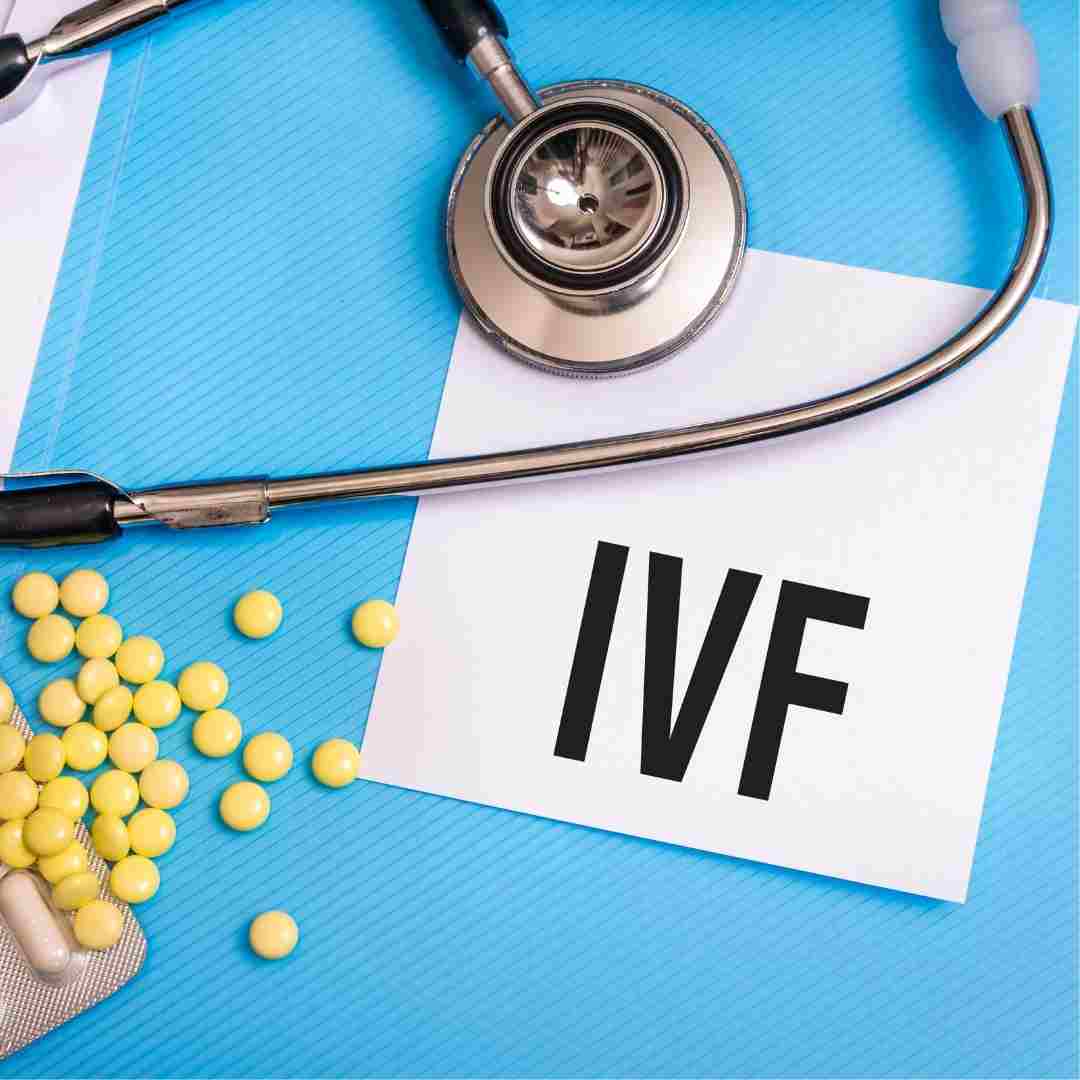In vitro fertilization, commonly known as IVF, stands as a leading fertility solution with an amazing track record of success. Designed to help every step of the conception process, IVF helps with many fertility challenges, even when the underlying causes remain unidentified. Yet, it’s important to note that success might not always be immediate. When an initial IVF cycle doesn’t result in pregnancy, many individuals naturally wonder about the ideal waiting period before another attempt. In this article, let’s take a look at how long you can wait between unsuccessful IVF cycles. You can find your nearest IVF centre or fertility expert by googling the term. For example, if you live in Mumbai, search for the best IVF centre in Mumbai.
What Exactly Is IVF?
IVF, or “In Vitro Fertilization,” is a medical procedure where an egg and sperm are brought together outside the body to create an embryo. Once the embryo is formed, it is then transferred to the woman’s uterus with the hope of achieving a successful pregnancy.
Why Do You Need to Wait Between IVF Cycles?
- Your Age and Health: Everyone is different. How young or old you are can affect how your body reacts to IVF. Also, your overall health, especially your reproductive health, can make a difference.
- Your Feelings: IVF can be tough emotionally, especially if it doesn’t work right away. It’s okay to take some time to process your feelings and get ready for the next step.
- The Kind of IVF Cycle: Are you starting all over again or using frozen embryos from before? This choice can change how long you wait.
Even though everyone’s situation is different, many doctors suggest waiting about four to six weeks after a negative pregnancy test. It’s a good idea to wait until after you’ve had one period before going for another IVF round.
Read about :what is hedge against inflation
Taking a Break: Why It’s a Good Idea
You might be eager to try again. But waiting a bit is usually a good idea for a few reasons:
- Your Body Needs to Heal: The medicine you take during IVF can cause some swelling inside. It’s smart to give your body time to calm down before starting again.
- Your Mind Needs a Break: IVF can be hard on your feelings. Taking a short break lets you rest, talk with friends or family, and get in a better headspace.
- Money Matters: IVF can be pricey. If you need to, take some time to plan how you’ll pay for the next round.
Getting Ready for the Next Try
If the first IVF round doesn’t work, don’t worry. Your doctor will look at what happened and might suggest some changes for the next time. But what can you do? Here are some tips:
- Eat Well: Foods that are good for you can help your body get ready. Think fruits, veggies, and whole grains.
- Move a Bit: Some easy exercises can help you stay fit and relaxed. Walking is great. But avoid anything too tough.
- Stay Calm: Simple things like deep breaths, light stretching, or even listening to music can help you feel better and less stressed.
Read more : How Many Injections are Needed for IVF Treatment? | By Dr Firuza Parikh
Understanding Why Your IVF Cycle Didn’t Work
When your IVF cycle doesn’t give the result you hoped for, it’s important to find out why. Was the issue at the fertility clinic, something on your end, or something unexpected? Figuring out the reason can help you prepare better for the next time. After dealing with the initial emotions, talking to your clinic can give you some answers.
In your next meeting with the doctor after the unsuccessful IVF cycle, it’s essential to ask questions to get a clear picture. The problem might have occurred at any step – from preparing the eggs, retrieving them, monitoring the embryos, placing them back, or them settling in properly. It could be due to the number or health of the eggs, issues with the sperm, your age, your uterus not being ready, or other health concerns you might have.
Read more : Maximizing Your Business Growth with Telemarketing Appointment Setting:
Your doctor’s answers will help you decide if you want to stick with the same clinic for your next try. You would want to be sure that the clinic did everything correctly and would ask to see any records or photos of the embryos.
If it turns out that a health issue on your end caused the unsuccessful cycle, your doctor might suggest some treatments or changes before you try IVF again.
Knowing and addressing the reasons for the first try not working can help make your next IVF attempt more successful.
To Wrap It Up
Choosing to go through IVF is a big decision, and it can be tough when it doesn’t work out the first time. Remember, it’s okay to take a break and let your body and mind heal. It’s essential to understand the reasons behind an unsuccessful cycle, so you can make the best plan for your next try. With the right advice, support, and care, you increase your chances of having a successful IVF cycle in the future. Stay positive and know you’re not alone in this journey.

